Ben-Gurion University of the Negev's Prof. Amir Sagi is at the forefront of his field of biology, functional genomics and aquaculture. His research into state-of-the-art biological manipulations of prawns has spawned multiple successful ventures and reached the field. He and his lab members represented gamechanger monosex biotechnologies for the prawn industry by vastly increasing yields and income to farmers. His academic team is in close relationship and continuously working with the industry and the farming community, which reflects a unique way of cooperation between academia and the field. Other than enhancement of aquaculture produce, the innovative findings of the Sagi group in the form of monosex prawn populations are instrumental for biocontrol against aquaculture pests and human parasitic diseases. The findings are also contributing to our struggle against invasive species, maintaining biodiversity and global eco system protection.

RUNNER-UP
Lifetime Achievement Award in University Transformation Award
Amir Sagi
RUNNER-UP Lifetime Achievement Award in University Transformation Award
Prof. Amir Sagi, Ben Gurion University of the Negev - Israel
"Translating academic knowledge to biotechnologies in the field and back"
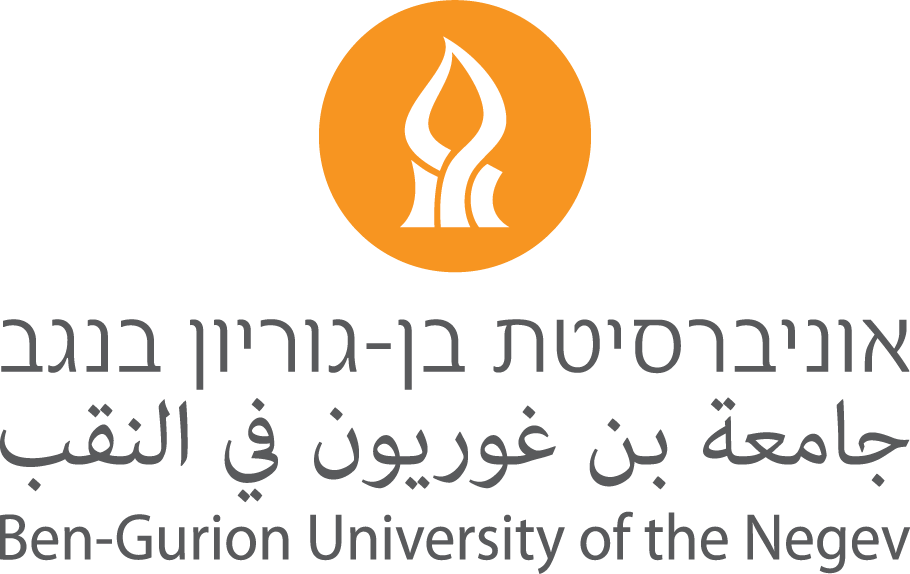
Summary
Key People
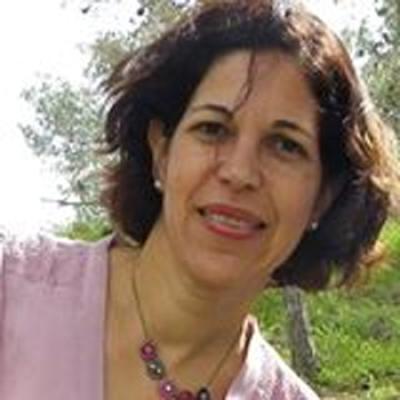
Dr. Rivka Manor
Research associate
Life Sciences ,
Ben Gurion University
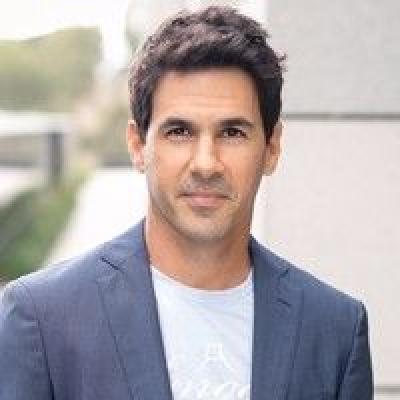
Dr Assaf Shechter
CEO Enzootic
Enzootic Ltd Singapore
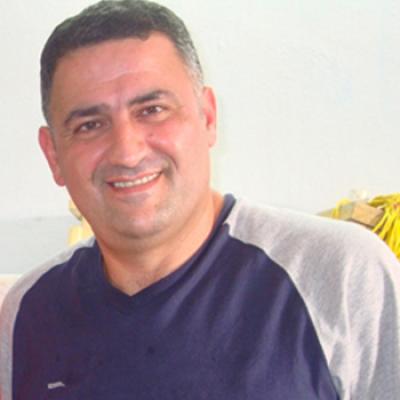
Prof Eli Aflalo
Research associate
Life Sciences,
Ben Gurion University
Acknowledgements
I thank all my present and past lab team. The industrial teams of Tiran, Enzootic and Colors. the hospitality of people in villages in Senegal and cooperation of all the farmers that use prawn monosex culture in Vietnam, China, Thailand, India, Malysia and more.
Images
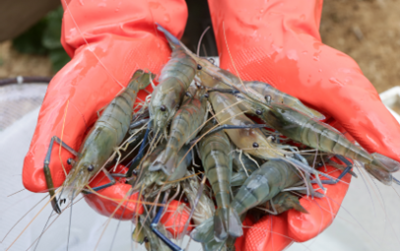
Monosex Prawn yield
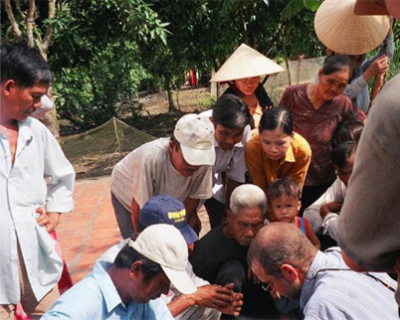
With prawn farmers in Vietnam
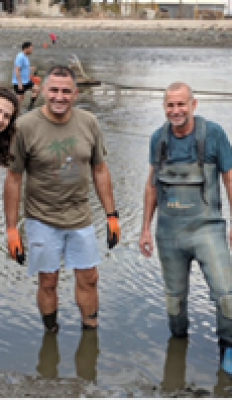
Collecting prawn from aquaculture pond
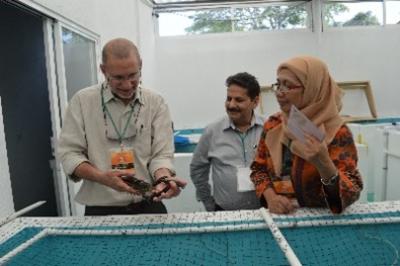
Demonstrating prawn features

Study prawns as biocontrol agents in Senegal
IMPACT STORY
Impacting lifes
When I first started the study of sex manipulations in prawns, many of the experts admitted that there was probably an important scientific story here but nothing practical. In the following years, my students and I studied the topic extensively. There were ups and downs, but eventually there were more and more indications that we could control the sex of prawns. When we moved to field testing in aquaculture, it also succeeded. I will never forget meeting with the farmers in the Mekong Delta in Vietnam and watching them increase their production and their profits thanks to our breakthroughs. In Senegal, we were moved to realize we could use monosex prawns as a sustainable biological control against snails carrying Schistosomiasis (Bilharzia) - something we had not originally considered when developing the monosex biotechnologies.
Aside from the international scientific recognition, meeting people in Vietnam and Senegal have been some of the finest moments of my career. By demanding rigorous scientific excellence in research, we were able to meet with many people at all levels of society in various countries to help them implement our research.
LEARNINGS
Lessons learnedThe main lesson I have learned over more than 30 years is the responsibility to build bridges between state-of-the-art academic excellence, that seeks to be the most innovative, to the real world of farming, entrepreneurship and industry. To do that, we academics must train students from every level of society and hold them to the highest academic and scientific standards. By doing so, we extend the boundaries of academic influence to social, agricultural and industrial activities. It is so important to get out of the ivory tower and into the field: to be part of a diverse team and learn from the field. We need to aspire to work across varied cultures and countries, while doing so we should never be afraid of testing the latest scientific methods in the field and adopting them as necessary.
FUTURE PLANS
What's coming?The sky really is the limit – I wish to continue extending the influence of science in a variety of directions. I would like to expand my activities to engage in more multidisciplinary science and innovation projects. For instance, even more fields can be added to our mission to provide quality employment and quality education from an early age. Obviously, I will continue to explore further innovation in biology and add new viewpoints to impact aquaculture, environmental threats and human lives. To do that, we must always see the other, learn from them and continue sustaining the research teams’ academic excellence.

